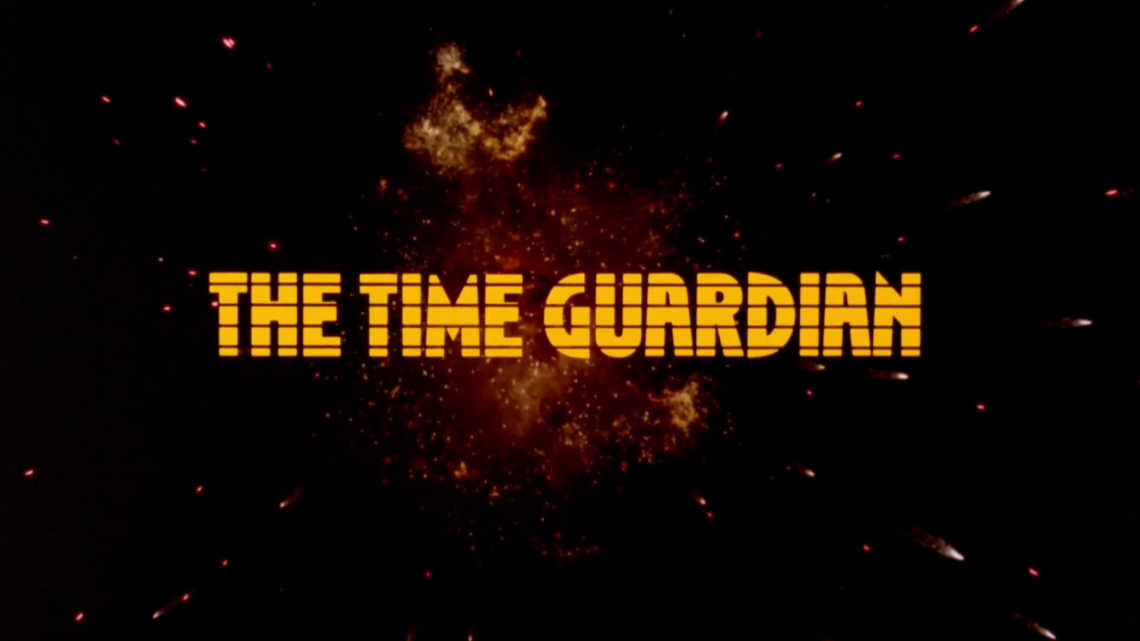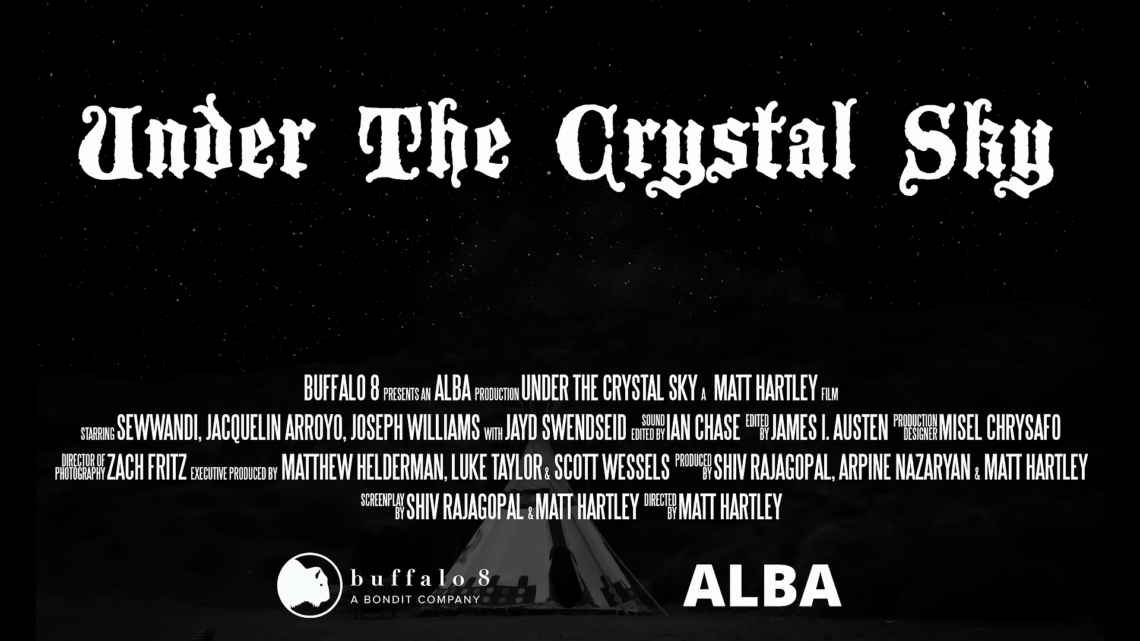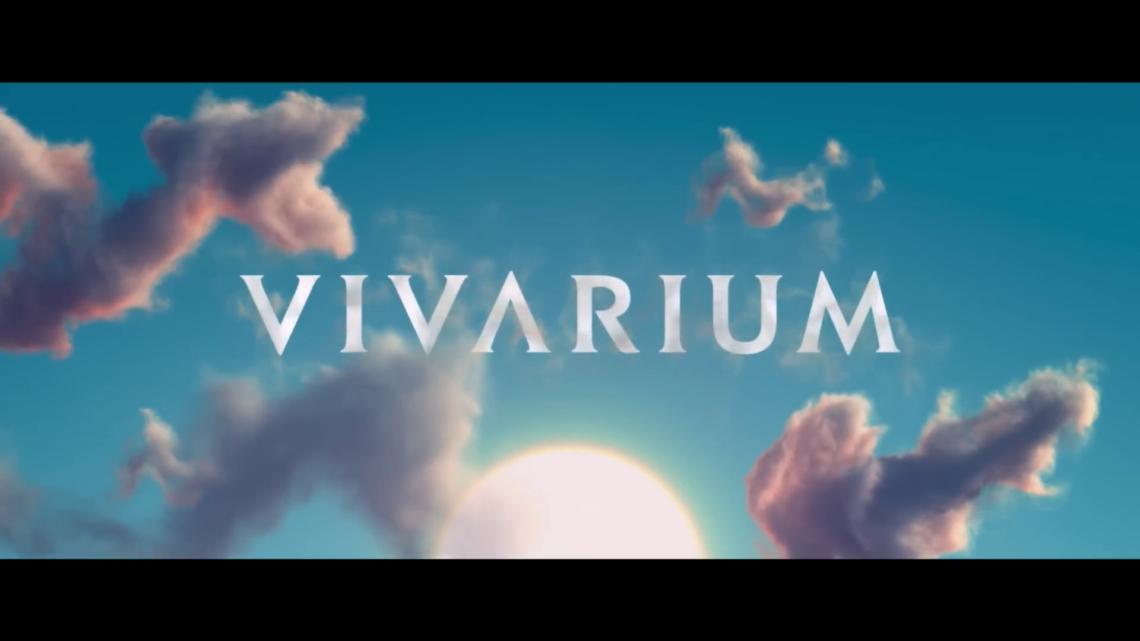-
#701 – The Time Guardian (1987)
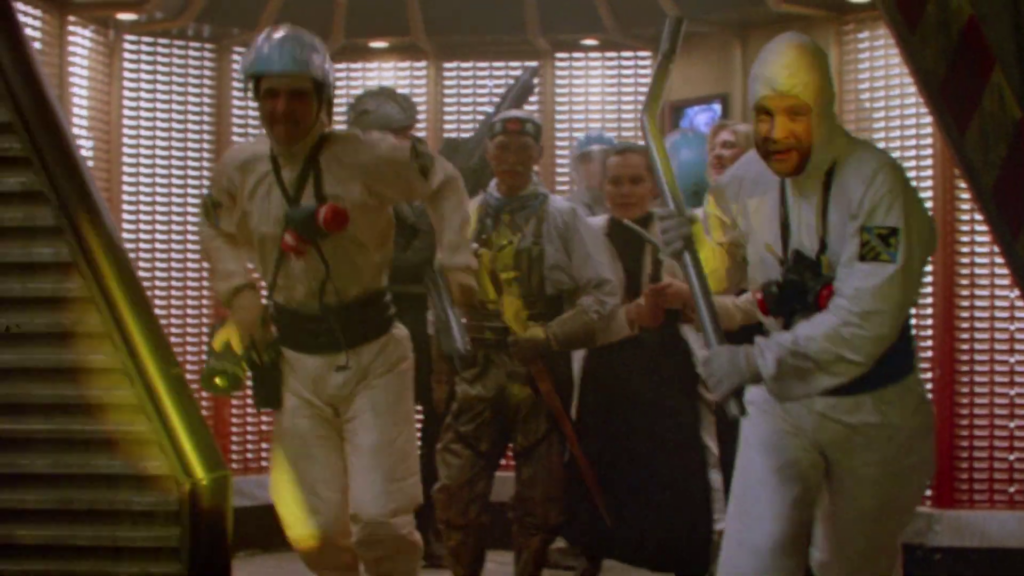
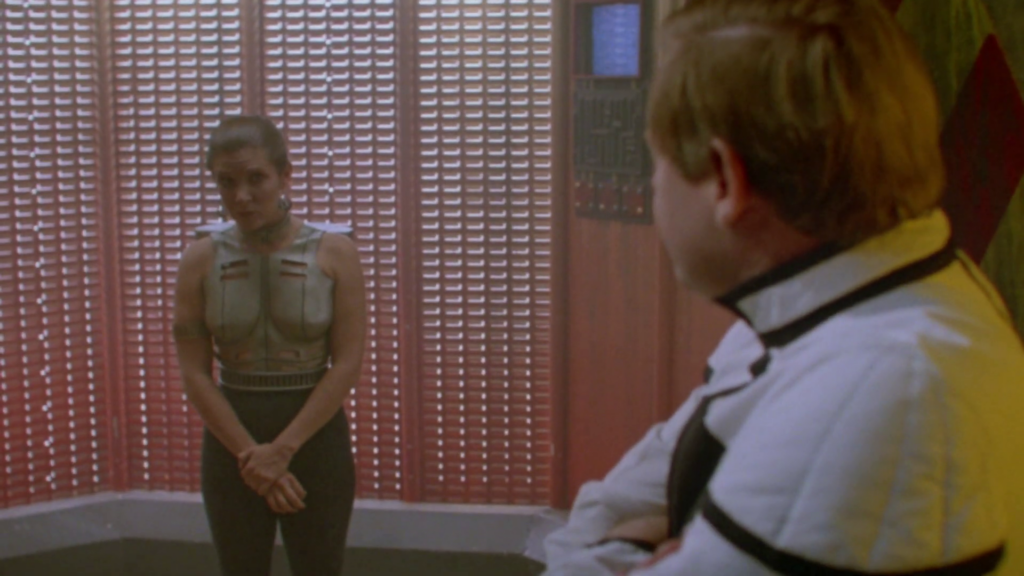
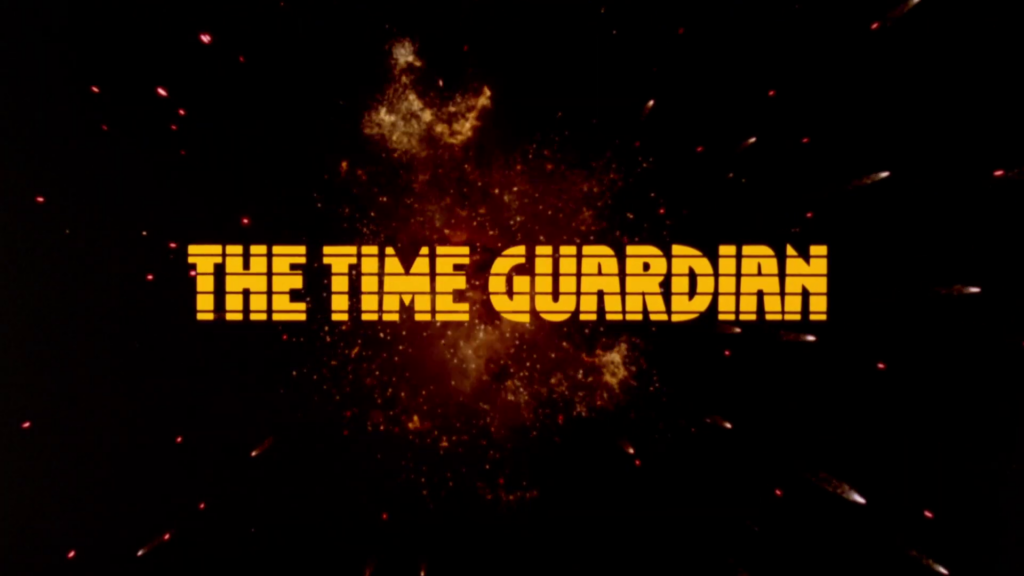
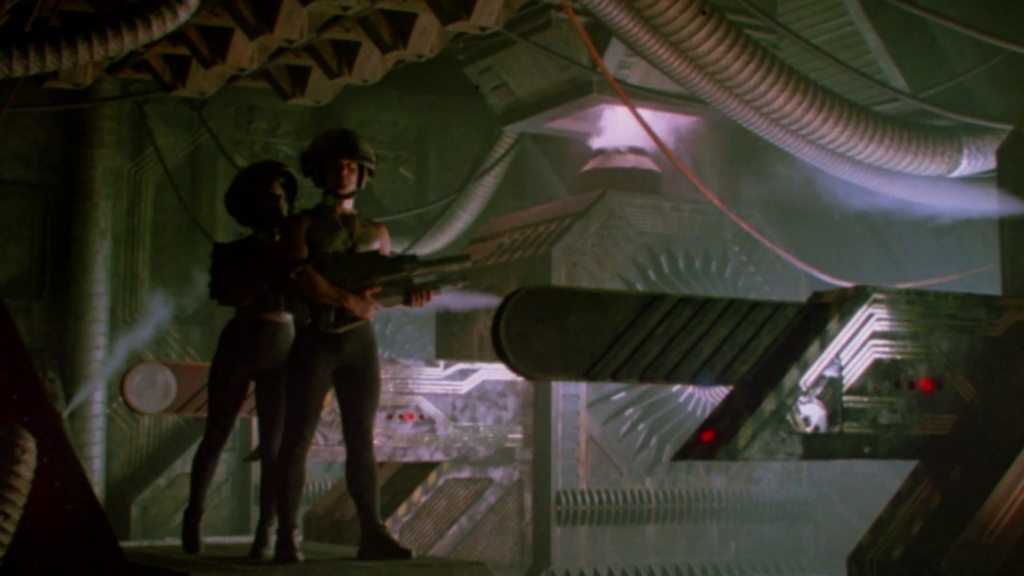
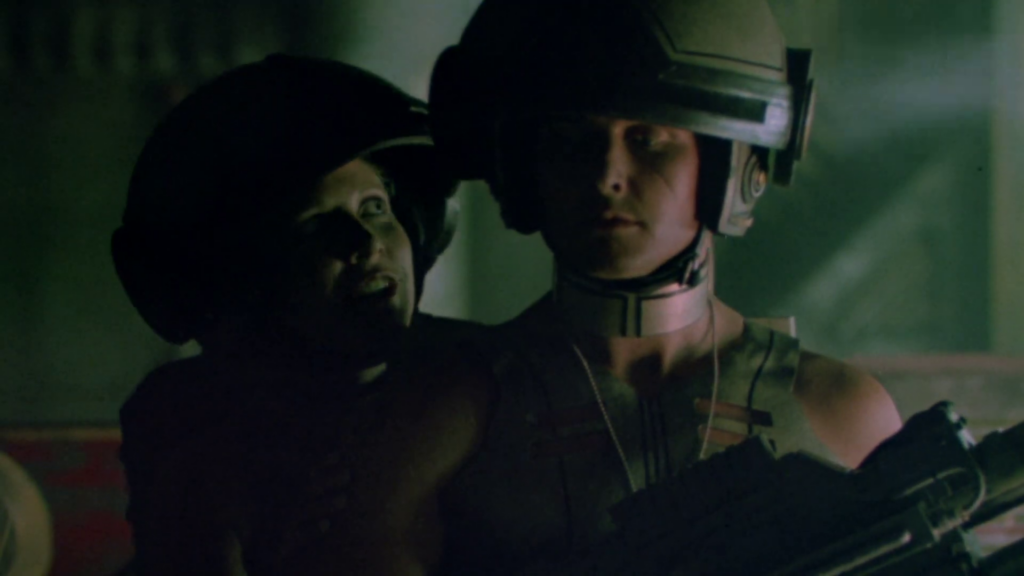
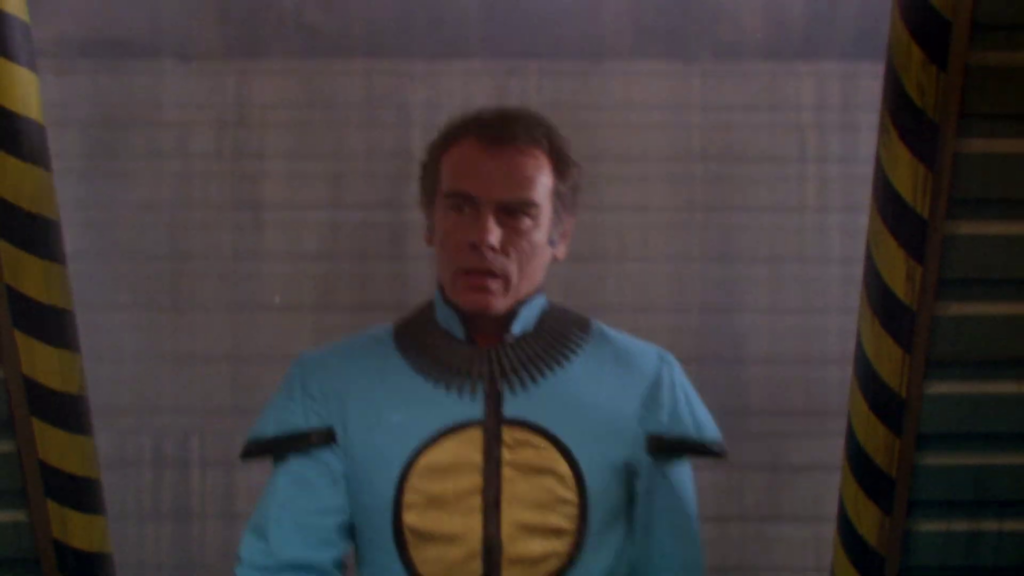

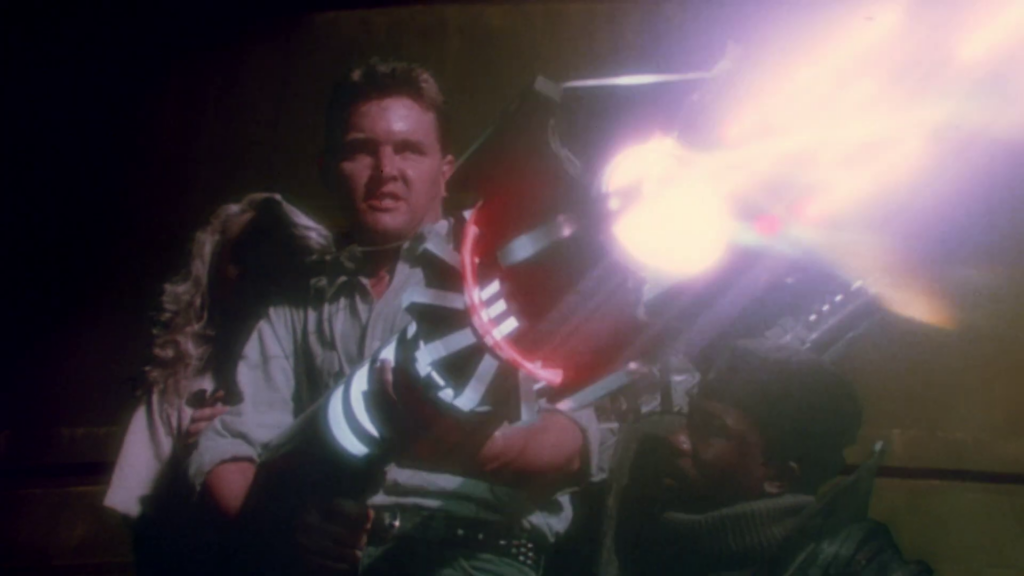
The Time Guardian (1987)
Film review #700
Director: Brian Hannant
SYNOPSIS: In the fortieth century, an army of androids are at war with humans, forcing them to retreat to the last safe city that can only escape their enemy by travelling through time. Two soldiers are sent back to 1988 to prepare a landing site in the Australian outback, but run into all sorts of problems…
THOUGHTS/ANALYSIS: The Time Guardian is a 1987 sci-fi film. The opening text crawl gives us the backstory of androids called the Jen-Diki being at war with humanity in the fortieth century, and mankind retreating into the last safe city that can travel through time to avoid the evil androids. Yes, it sounds very Terminator-ish. The opening has a flashy action scene that’s at least a bit interesting, although it’s difficult to work out what is going on most of the time thanks to the close up shots and the lack of any decent lighting (obviously intentional to obscure the lack of budget to construct more elaborate sets). The city escapes to 1988, and sends two soldiers, Ballard and Petra ahead to ready the landing site. What follows is your more typical time travel ‘fish out of water’ style of story, where Ballard teams up with a geologist from the present to complete his mission. the split between the futuristic city and present day presents a whole host of problems for the story: it splits up the film between the future, where poorly-established characters just bicker at each other with no real purpose or direction, and the present where it becomes a typical story of a man from the future having to adjust to present day customs and a flimsy romance subplot. the constant switching makes it very difficult to establish anything concrete: Ballard is supposed to prepare the landing site for the city in 1988, but it’s not really clear what it is he is supposed to be doing, and spends most of his time. The whole middle section is completely aimless until the finale starts and the robots arrive and a mediocre fight sequence serves as the climax.
The most baffling thing I find about this film is that they actually got Carrie Fisher to co-star in this…yet they do absolutely nothing with her or her character. If you get one of the stars of one of the biggest sci-fi franchises ever for your own sci-fi film, it should be a no-brainer to give her a prominent role. What they do instead is have her in the opening shouted at and dismissed by the male lead, and then injured when they travel through time, meaning she sits out nearly the entire rest of the film. I don’t know if they could only pay her for a limited amount of screen time or whatever, but it really seems liked a missed opportunity. Tom Burlinson as Ballard is meant o be a gruff, hard-ass lead, but his character pushes it a bit too hard: it makes him unlikable with just how derisive he is. After this film, Burlinson’s film appearances dried up, which makes me think that this film really killed his career. As mentioned, the rest of the characters aren’t really worth mentioning, and the ones from the future don’t really get established well enough to be seen as doing anything useful. The effects have that flashy eighties feel, but nothing unique or really interesting. The end result is an odd mix of Terminator, Mad Max and Star Wars that fails to capture the magic of any of them. The script is sorely lacking in pacing, clarity or interesting elements, and failing to take advantage of it’s stars or unique setting. A dull affair that never really gets going.
-
#700 – AIMEE: The Visitor (2023)

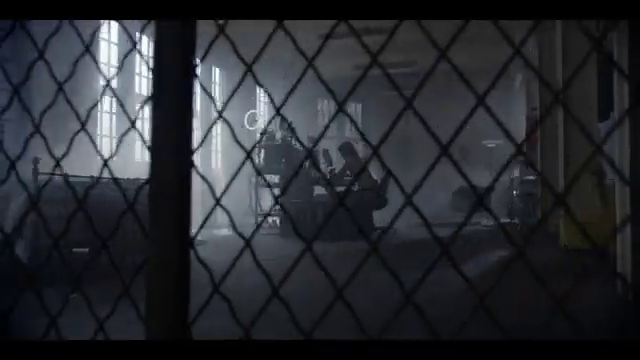


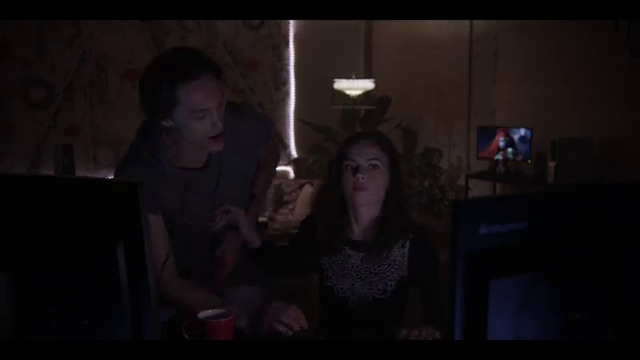

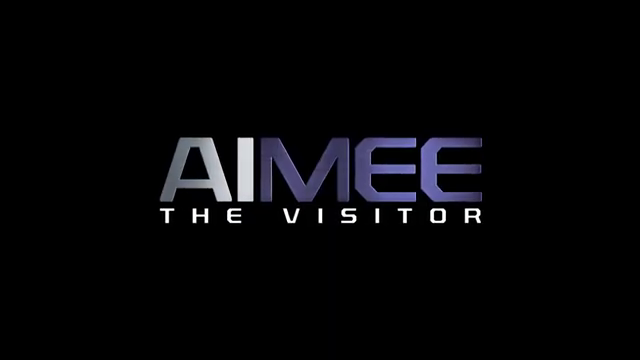
AIMEE: The Visitor (2023)
Film review #700
Director: Charles Band
SYNOPSIS: Scott Keyes is a hacker that gets his hands on a strange piece of software that turns out to be an A.I. named AIMEE. When Scott starts spending time with his new girlfriend, she becomes increasingly jealous, and is determined to have him all to herself…
THOUGHTS/ANALYSIS: AIMEE: The Visitor is a 2023 sci-fi film. Hacker Scott Keyes is given a piece of software that turns out to be an A.I. named Aimee. She becomes increasingly possessive of him and when he gets involved with a woman named Gazelle, AIMEE becomes jealous and tries to get her out of the picture so she can have Scott all to herself. That’s it. That’s the story. There’s little bits about how Aimee might have come from the NSA and two agents are trying to get her back, but it doesn’t add up to much. The opening mentions how Aimee is one of the first A.I. actresses (although she is voiced by an actual person), and you can tell just how far A.I. generated imagery has come since 2023 because the result here is not very convincing, and unable to show any real expression. Scott is made out to be a slob and a loser, but still looks fairly clean and well-toned. That’s probably so the two gratuitous sex scenes aren’t off-putting. The film worms it’s way through a few cliché points before ending on a very flat note that resolves very little, but at only sixty-nine minutes (nice), it’s at least no dragged out too long.
This being a film by Full Moon Features and directed by Charles Band should bring everything into focus: it’s the typical low budget feature that you would expect from them. It tries to do something different with the A.I. generated actress, but at it’s core it’s an age-old story of a computer going rogue that doesn’t provide anything new, thrilling or compelling. The only other thing I can say about it is that isn’t really worth watching: you know exactly what you’re going to get.
-
#699 – Cash Storm (2024)

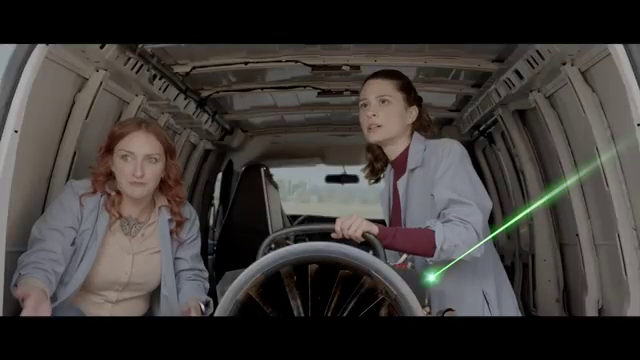

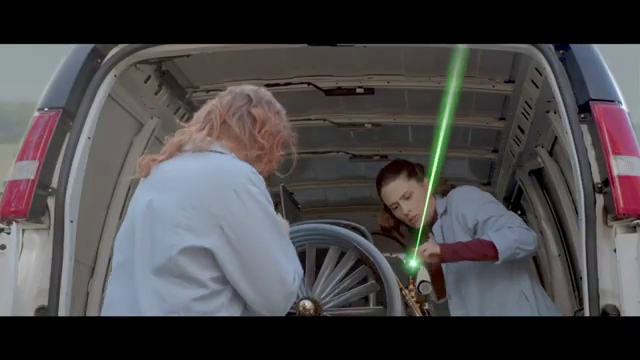





Cash Storm (2024)
Film review #699
Director: Dan Lantz
SYNOPSIS: A bank robbery goes wrong when the robber’s van is sucked up by a tornado, causing over a million dollars of banknotes to swirl around. A pair of scientists want to test their machine which can theoretically stop tornadoes, and a pair of influencers who want content, all have to work together somehow to get want they want and survive the deadly cash storm…
THOUGHTS/ANALYSIS: Cash Storm is a 2024 film. As a deadly tornado rips through a central American town, a bank robbery goes wrong when the robber’s van crashes and sucked into a tornado, creating a deadly storm of money. Meanwhile, a pair of scientists who want to test their machine than stop tornadoes (or something), and a pair of influencers who are chasing the tornado for content. The three groups end up having to work together to save themselves from the deadly storm. Despite having the premise of being a disaster film, it is a comedy film with a small production and budget. A majority of the film can essentially be summed up as pointless bickering between the different characters: very little else happens. Given that each of the different characters has their own objectives and motivations, there is a bit of scope for their characters to develop and accomplish something, but the back-and-forth of the story means that it never really goes anywhere, and is just stalling until the machine can stop the tornado.
There’s very little to recommend this film as it is unremarkable in every respect: the comedy doesn’t produce any real laughs, the acting is flat, the story is threadbare and the effects are amateurish. It gets one or two mild laughs, but runs out of juice fairly quickly and doesn’t do anything really outlandish or creative with the premise to make it memorable in any way.
-
#698 – Under the Crystal Sky (2025)



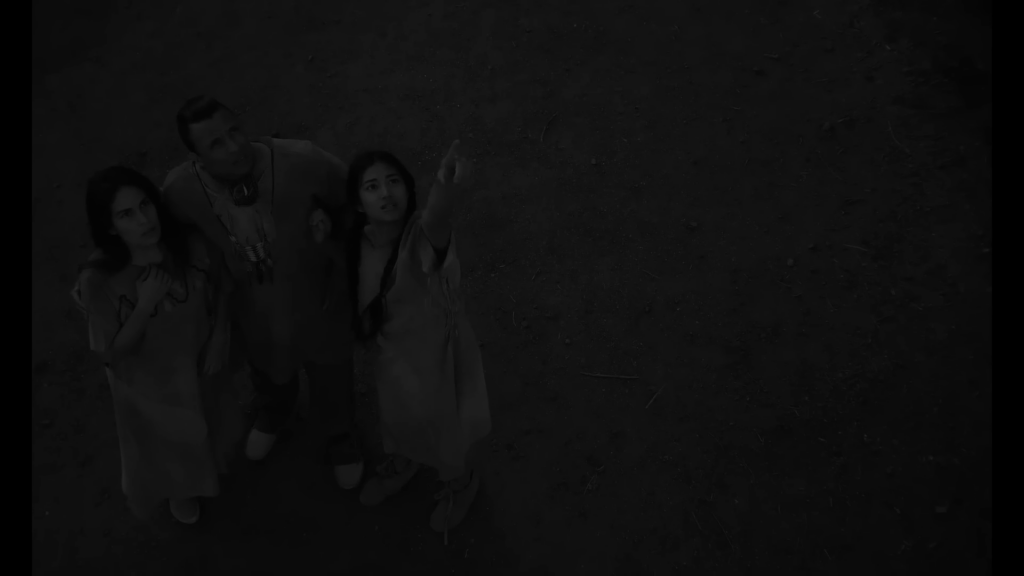

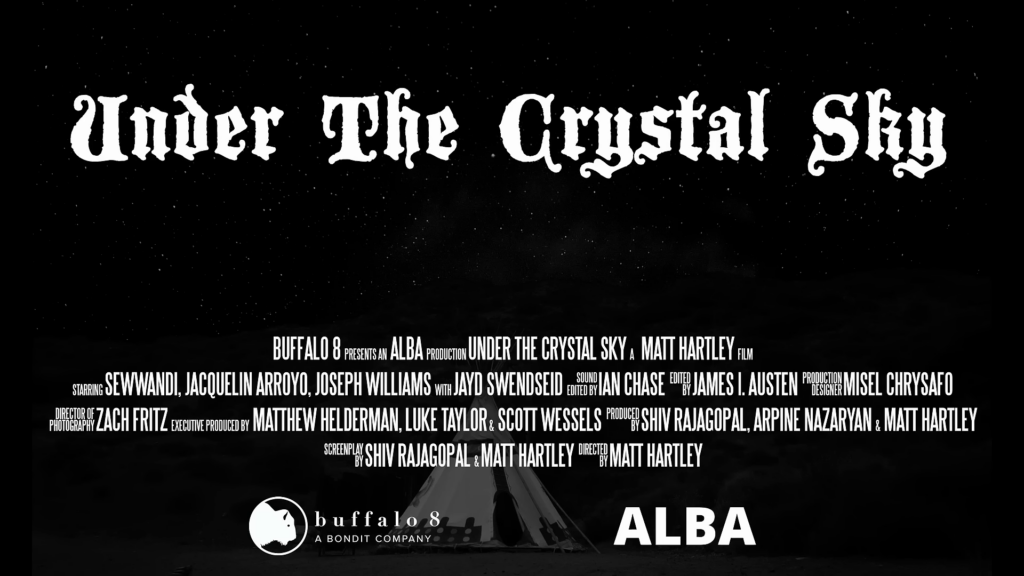
Under the Crystal Sky (2025)
Film review #698
Director: Matt Hartley
SYNOPSIS: An indigenous American family witness unidentified flying objects in the sky at night. Meanwhile, an encroaching U.S. army threatens to make things difficult for them…
THOUGHTS/ANALYSIS: Under a Crystal Sky is a 2025 sci-fi film. The plot concerns an indigenous family living in the 1800s American Southwest, who one night witness a strange event in the sky with unidentified flying objects. The family is also under threat from the American Military, who have also moved into the area. If this sounds fairly vague, then that is by design: the film has no dialogue, and is extremely slow to establish anything. But overall, there isn’t really much to establish: family sees UFO event, American soldiers come, attack man, daughter finds alien artefact and gets revenge. It’s pretty simple, and could be effective, but even with a runtime of just over an hour, the film is still way too long for what it wants to do: this could have easily have been a ten or fifteen minute film.
There’s plenty of large, high quality shots of the American wilderness which are nice, and while the film is shot in black-and-white the light from the alien artefacts provide a green light that is the only source of colour, which accentuates their otherworldliness. Not completely original, but somewhat effective. The whole film just feels somewhat…sterile? Everything is a bit too crisp and clean, particularly given the time and setting of the film. There’s also a lack of anything really specific that makes it feel authentic. The indigenous characters are portrayed by indigenous actors, which is good, but there’s no real sense of any specifics about their way of life and how the appearance of UFOs interferes with their beliefs or worldview, it’s just very vague. The director/writer seems to flout their accomplishments in financing and funding films more than making them, and maybe that’s what this film feels like: it was made by a financer, rather than a filmmaker; it’s a product more than a creative film. Overall, there’s nothing really of interest here.
-
697 – Megaville (1990)





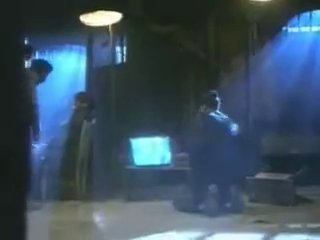

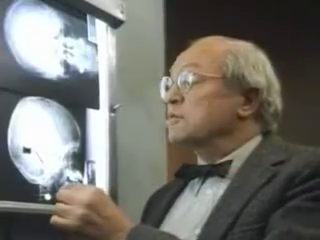

Megaville (1990)
Film review #697
Director: Peter Lehner
SYNOPSIS: In a future where all media is outlawed except in the city Megaville, an agent of the media police is sent on an undercover assignment in Megaville to stop an underground crime ring which illegally distributes media. He is secretly implanted with a control chip that allows him to be controlled at will by his superiors, as a wider conspiracy emerges…
THOUGHTS/ANALYSIS: Megaville is a 1990 sci-fi film. It stars Billy Zane in his first lead role as Raymond Palinov, who is a member of the media police, who enforce a ban on all forms of media in the wastelands. After he experiences strange blackouts and episodes. His boss offers Raymond a new assignment to go undercover and crack a criminal ring that is smuggling media out of Megaville, the only place where it is legal. What follows is your very typical setting of a cyberpunk-thriller-dystopia-thriller that are plentiful in the realm of low budget films of the time. What perhaps stands out is that the plot is way too complicated, and filled with way too many things going on. Between the undercover operation, the mind control device secretly implanted in Raymond, the back-and-forth between the different characters, it all gets a bit too much and impossible to follow. The plot is driven only through tired scenes of dialogue and some vague action out in the desert which offer very little.
Perhaps the biggest stand out in this film is Megaville itself: described as a sprawling urban state of the future, but in reality it’s…Los Angeles. We see some montage footage of Raymond cruising around Megaville and it’s clearly L.A.. There’s no attempt to hide that fact; you can see the landmarks and famous buildings everywhere. Also it doesn’t really look like the future or anything: it’s just present-day L.A. It’s difficult to take any kind of worldbuilding seriously when it’s so obvious the filmmakers just stepped outside and started rolling the cameras. The twist at the end provides a little bit of interest, but by then everything is so convoluted that it’s difficult to relate it back to the plot, and the finale is just once again another shootout in the middle of the desert. Megaville tries to make a film of some substance and intrigue, but overcomplicates the story with way too many elements that can’t be followed, and also manages to avoid any kind of worldbuilding that would create a unique setting. Really not worth watching.
-
#696 – The Invasion (2007)

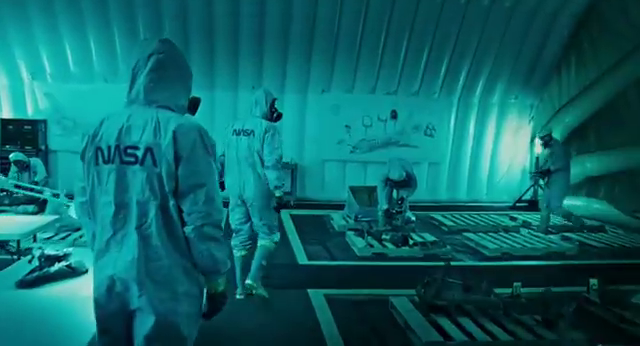
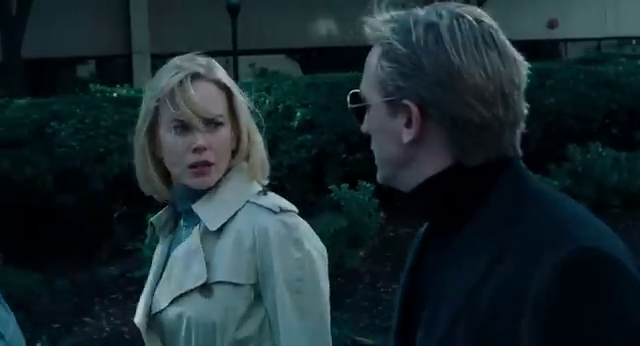


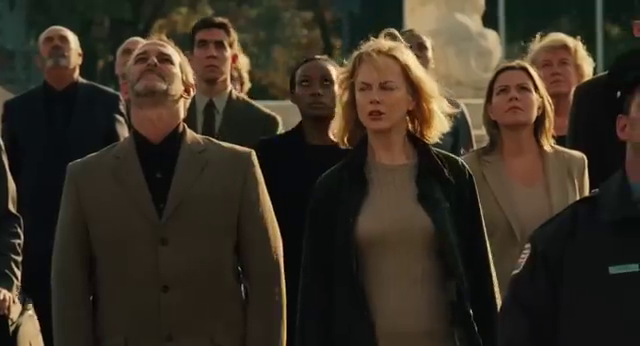

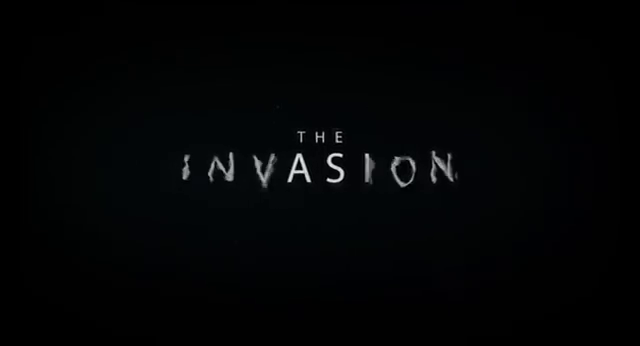
The Invasion (2007)
Film review #696
Director: Oliver Hirschbiegel
SYNOPSIS: After a space shuttle crashes onto Earth, a mysterious infection starts spreading among the population that renders them emotionless and changes them. Carol is a psychologist who is trying to find her Son, taken by his father, who she believes to be immune from the infection, and plans to get him to safety before the infected get a hold of him…
THOUGHTS/ANALYSIS: The Invasion is a 2007 sci-fi thriller film based on the novel The Body Snatchers (which inspired the famous Invasion of the Body Snatchers film, although The Invasion is more of a fresh adaptation than a remake). The film centres around Carol (Nicole Kidman), a psychologist who tries to find and keep her Son, Oliver safe after an infection from space is turning people into emotionless beings. Oliver is taken by her ex-husband Tucker, who happens to be the CDC chief, and who after he becomes infected himself, spreads the disease under the pretence of a flu vaccine. With the help of Dr. Ben Driscoll (Daniel Craig), Carol realises that Oliver is immune to the infection, and goes to rescue him and get him to safety, where scientists can develop a vaccine from his cells. While The Invasion of the Body Snatchers is well-known as one of the definitive sci-fi thrillers, this alternative adaptation really fails to deliver anything of interest or depth. The film is able to create some tension when carol is walking around pretending to be infected and restraining any signs of emotion, but it never develops into anything more substantial. As such, the entire film is just a lot of running about that never really goes anywhere.
Any exploration of the themes that the story brings up are notably absent, despite clearly presenting multiple opportunities to do so. The parasite works by take over people’s bodies, and bereft of emotion, it leads to conflict all over the world ceasing; you might wonder if the world would be a better place with the parasite in control then, but the film barely follows through with any kind of reflection on the topic. Likewise, Carol’s role as a psychologist could shed an interesting perspective on what is happening to people, but it just doesn’t. This film was subject to three directors and two re-edits and reshoots, so any original intent has been mixed up and washed out by too many creative hands. The reshoots also, at the studio’s behest, added in action scenes, which again really draw focus away from anything interesting, and we’re just left with bland car chases for the trailers. The ending too, in which everything just goes back to normal makes the whole endeavour feel a bit pointless. The Invasion feels like a waste of good talent, with no clue about what to do with the source material. Watch one of the other Invasion of the Body Snatchers films instead.
-
#695 – Escape from the 21st Century (2024)



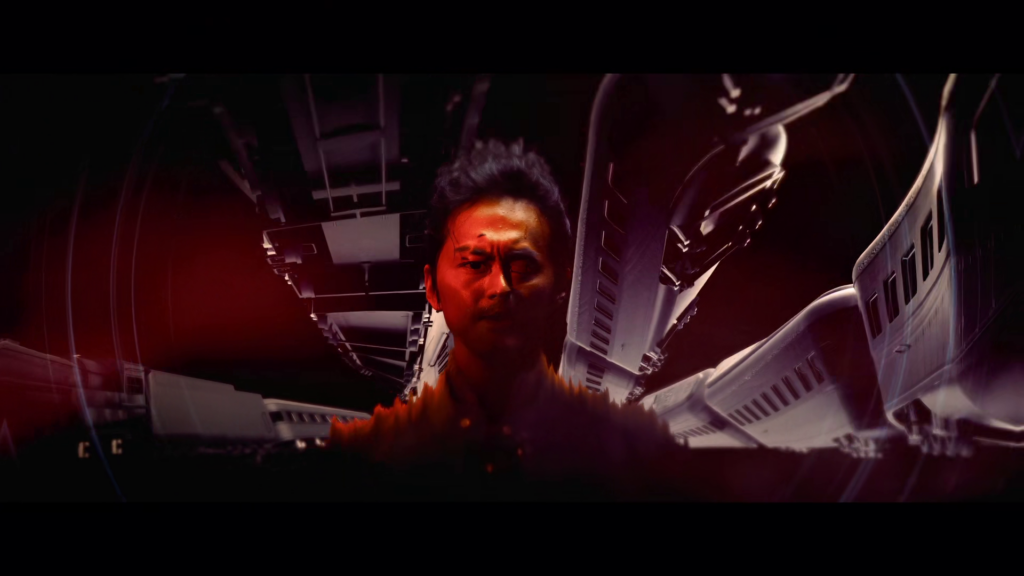
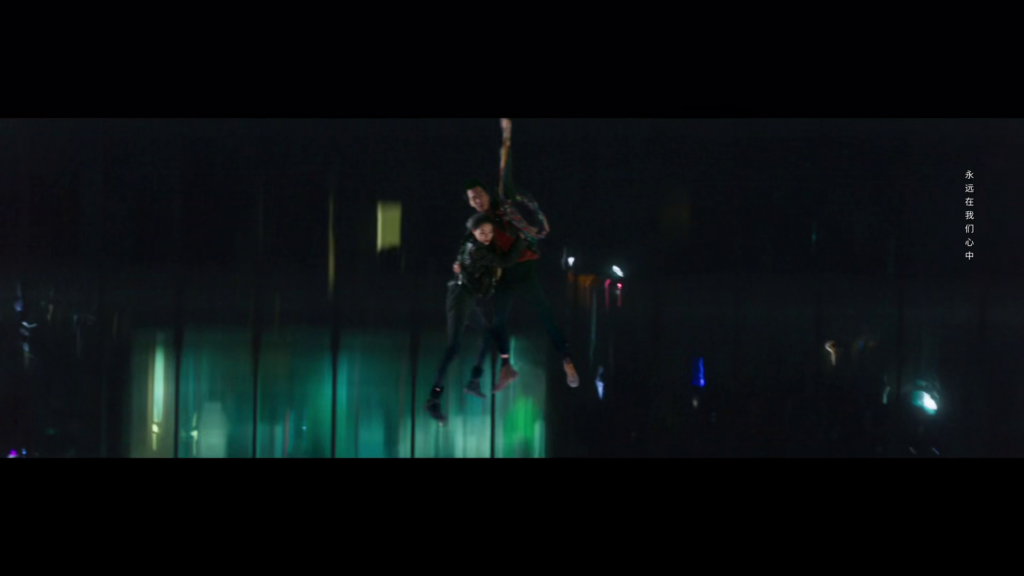
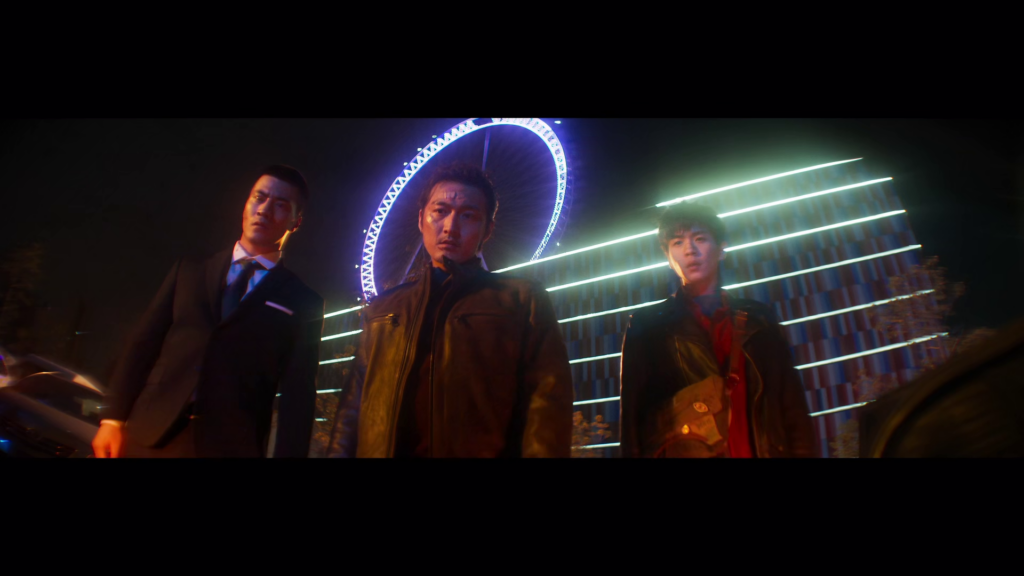
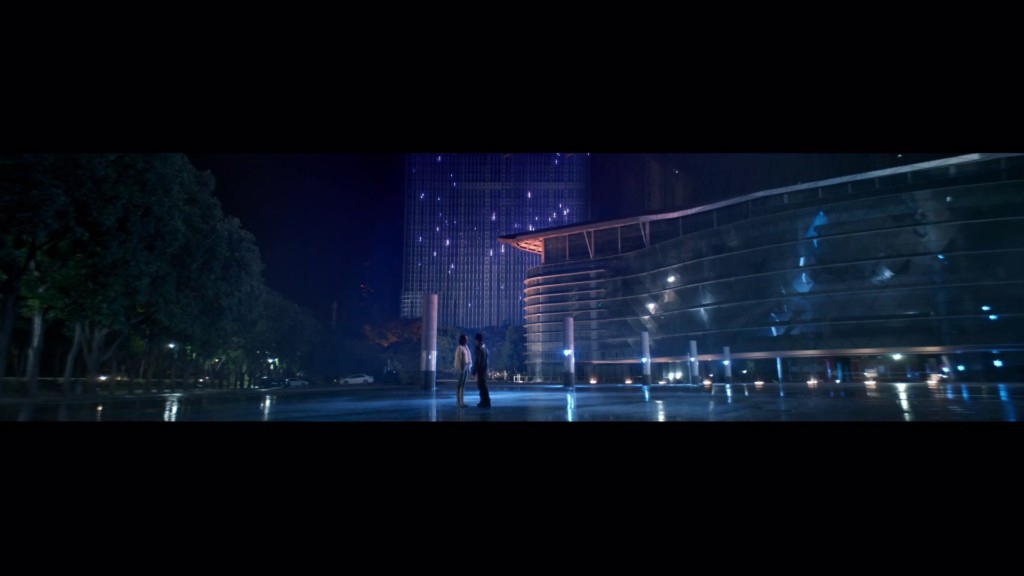
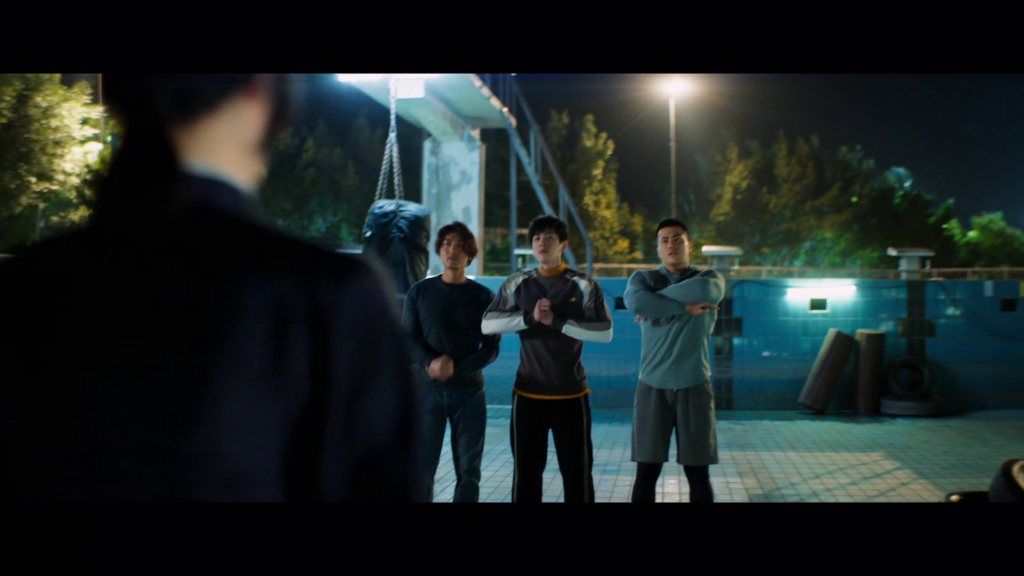
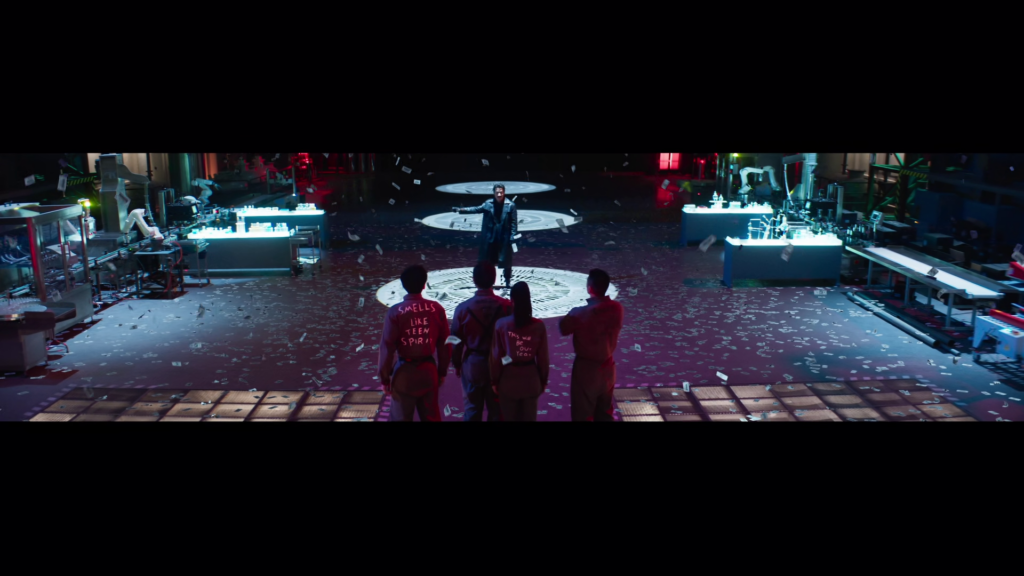
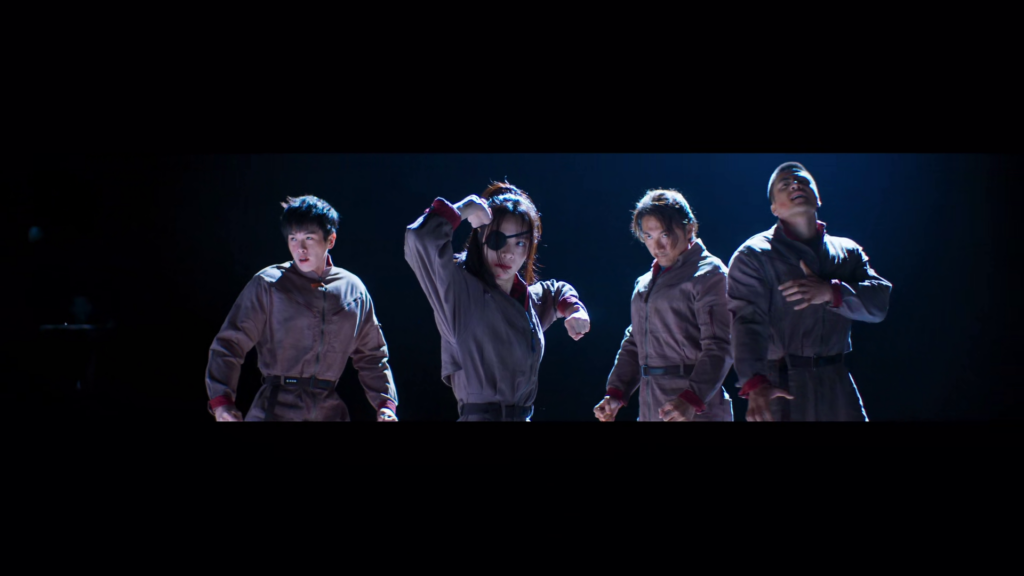
Escape from the 21st Century (2024)
Film review #695
Director: Li Yang
SYNOPSIS: Three schoolfriends discover that after swimming through a toxic spill in a lake that they have gained the ability to transfer their consciousness twenty years into the future by sneezing. There, they find their lives very different from what they imagined…
THOUGHTS/ANALYSIS: Escape from the 21st Century (Also called Evacuate from the 21st Century) is a 2024 sci-fi film. In the year 1999, three schoolfriends end up with the ability to travel forward twenty years into the future, after swimming in a lake containing a strange chemical that has spilled into it. In the year 2019, they find their lives are a lot different than they expected, and a biotech company is ruining the future. Also of note is that the story takes place on “Planet K,” which is just planet Earth, but the days are twelve hours long. This doesn’t affect the plot in any way, I believe it is just to get around Chinese censorship (where the film was made). Explaining any more of the story seems like a futile effort; it’s a coming-of-age story mixed in with so many overlapping elements, time travelling and silly reference that makes this film an absolute rollercoaster ride from beginning to end. It is relentlessly paced as the characters zip back and forwards in time, getting involved in fights, daring escapes and everything else. I think the best comparison I could give is it’s a mix of Scott Pilgrim vs. the World with Everything, Everywhere, All at Once, just a mish-mash of jumping about constantly between different settings and styles. This is not a bad thing at all though: it’s colourful, vibrant, energetic and just lots and lots of fun. It would be very easy for such a film to devolve into a mess, but clever connections, callbacks and sharp writing make it flow almost effortlessly. I don’t really know what I expected, but it felt surprisingly good.
There’s an overall slickness to the film that although not perfect, is nevertheless clever and competent. The visuals and CG sometimes fall short, but it’s all constantly changing anyway, so it doesn’t really linger. The soundtrack is also such a incoherent mix, ranging from Joan Baez’s “Here’s to You” and Bonnie Tyler’s “Holding out for a Hero.” Somehow though, it still just works. The fights are again fun and action-packed and still manage to get in some slick callbacks. There’s not a whole lot of bad things to say about this one; it’s just a really fun and wild ride full of colour, imagination and sharp writing. Maybe it doesn’t manage to say anything deeper, but that’s perfectly fine, it’s a great experience.
-
#694 – Vivarium (2019)




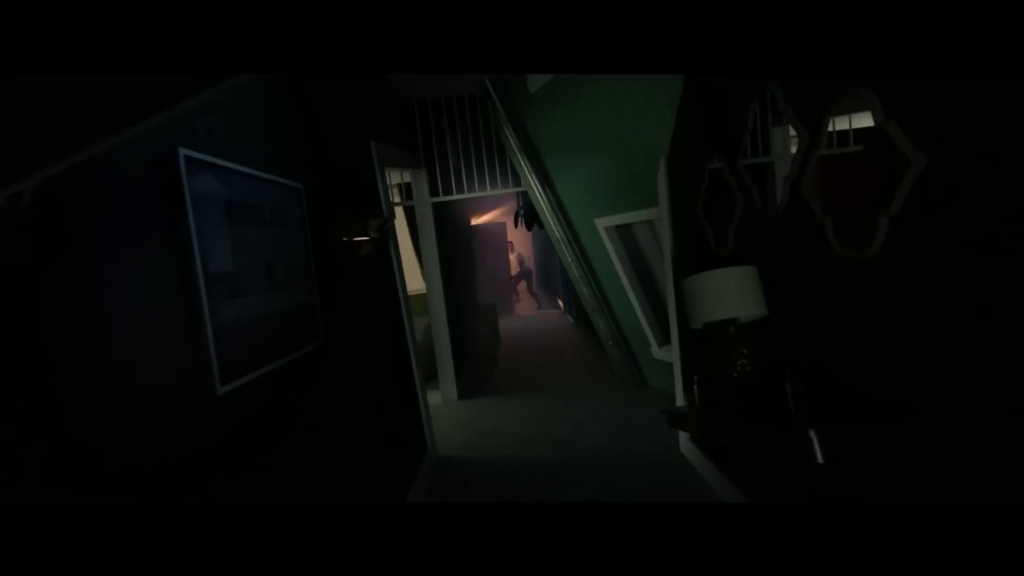
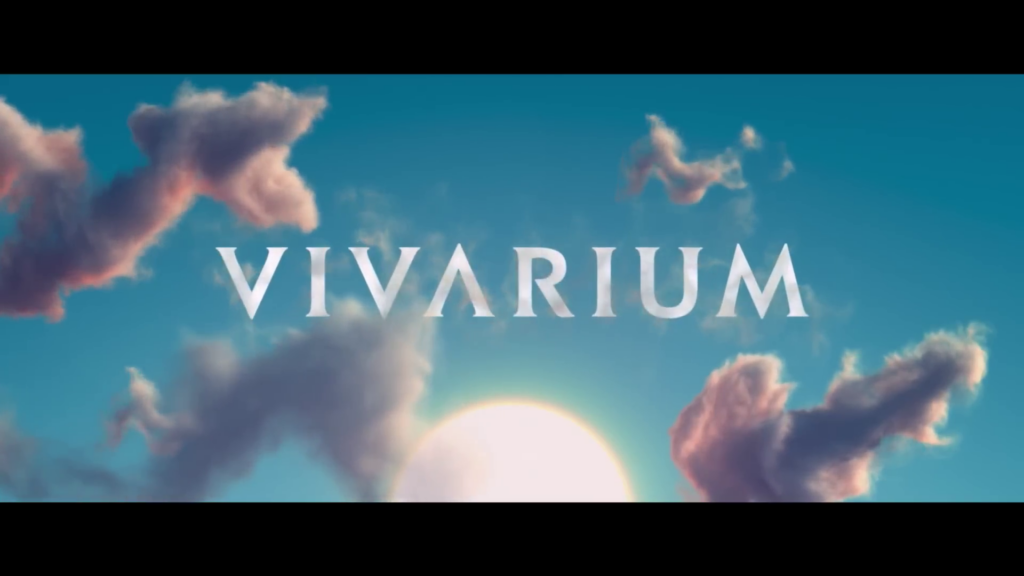
Vivarium (2019)
Film review #694
Director: Lorcan Finnegan
SYNOPSIS: A Young couple view a house to buy in a strange suburbia, but when they try to leave, find they cannot. Eventually a box arrives with a newborn baby in it, and a note saying to raise it and be released. The couple have to put up with the rapidly growing child ads they try to adjust to life in this surreal, empty neighbourhood.
THOUGHTS/ANALYSIS: Vivarium is a 2019 film. A young couple, Gemma and Tom, are looking for a house to buy and are shown a house in a suburban district by real estate agent Martin. While viewing the house, they find that Martin is gone, and when they try to leave the suburbs, they are unable to do so, always returning back to the house. After many days of trying to escape, they awaken one morning to a box with a newborn child, and a note that says they will be released if they raise the child. The child quickly grows up, causing friction between the couple as it imitates them and acts in an inhuman way. The plot mixes surrealism with a downbeat atmosphere whose message seems to be the cruel repetition of life and how we all repeat the same mistakes and are easily replaceable. Yes, it’s all a bit miserable and futile to be honest. I think the main issue with the film that is often pointed out is that it is simply too long: the whole film could have been easily condensed into twenty or thirty minutes and have been better for it. Stretching it out to ninety minutes adds in so much empty space, and also undermines the theme of repetition by not bringing the whole story back around quickly enough. So much of the film is padding out that throws the characters around every which way, making them, and fails to allow them to develop a coherent response to their situation.
There really feels like very little to break up the misery and futility in this film, which I suppose reflects the theme of the film, but I also feel like as a comment on life it needs a little something to counterbalance the drudgery. There’s one scene where the couple’s car starts working again and they dance to the music to give them a brief moment of joy, but that’s it. It doesn’t really add anything or provide the characters with anything. Again, so much of the film feels like padding. The surrealist aspect of the film also is vastly underutilised; it comes into play near the end when Gemma chases the grown-up Martin through the various instances of the suburb, along with different couples all experiencing the same sort of situation. It does, however, feel like a missed opportunity to explore this with more depth, as so much of the film is just very plain by comparison. It’s never really explained what the whole suburb and child raising element is composed of: whether they’re all aliens or something, and I don’t think that really matters. The whole film is not especially bad; it obviously has a message and theme, but it’s very nihilistic and empty. As mentioned, this could have been a much better short film that had a tight loop and made it’s point more effectively. As it is, Vivarium is far too lose with it’s story and characters, and fails to really lean into the more interesting parts to make it worthwhile.
-
#692 – The Arrival II (1998)
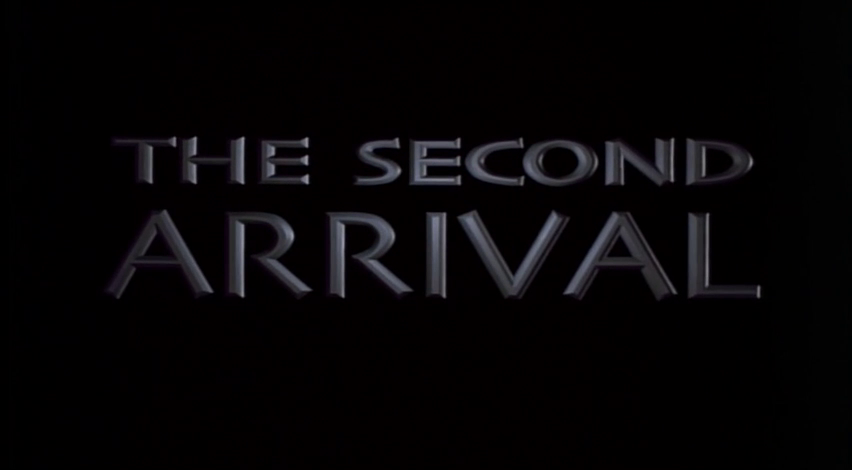
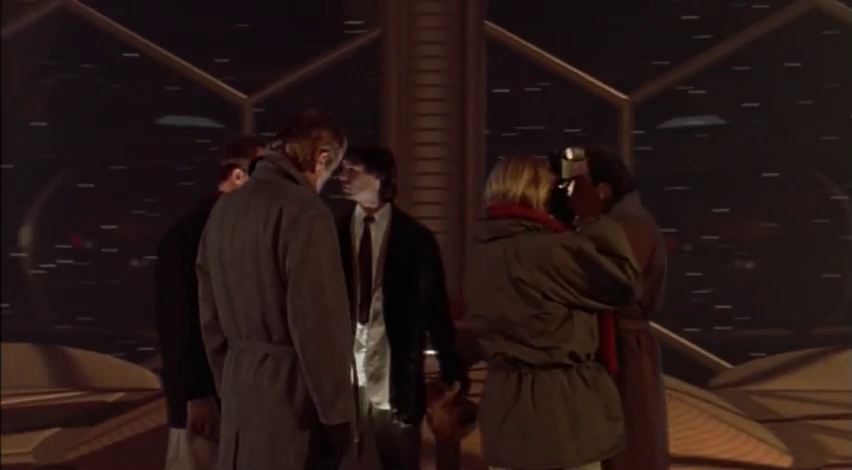
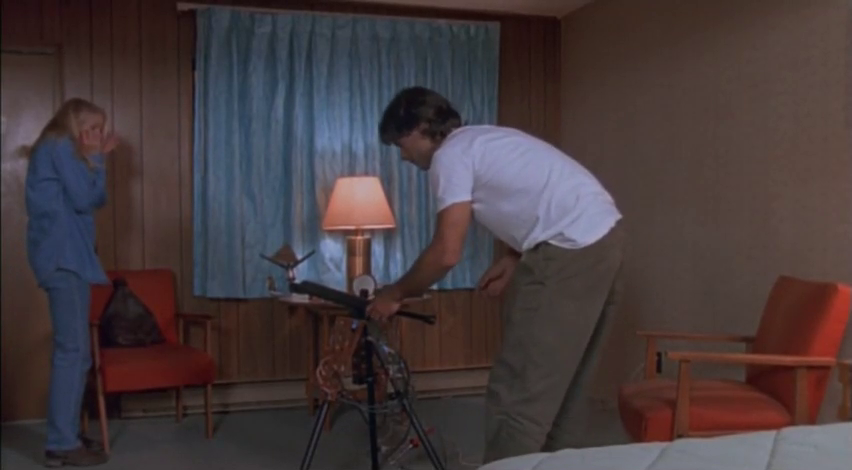
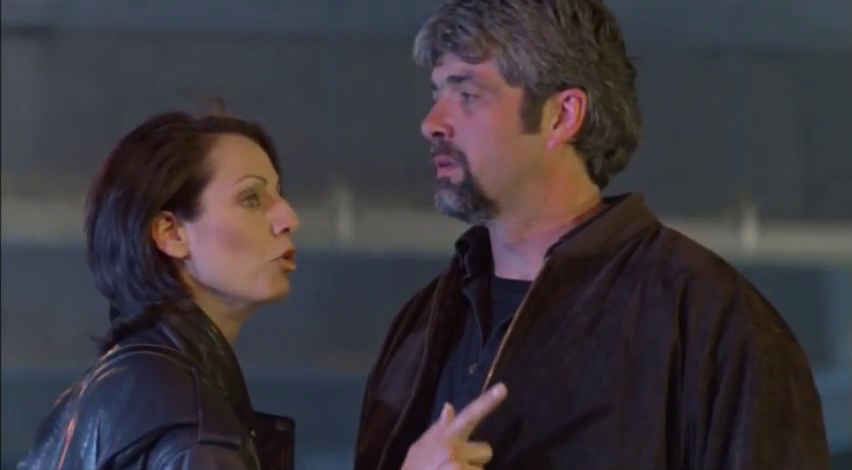
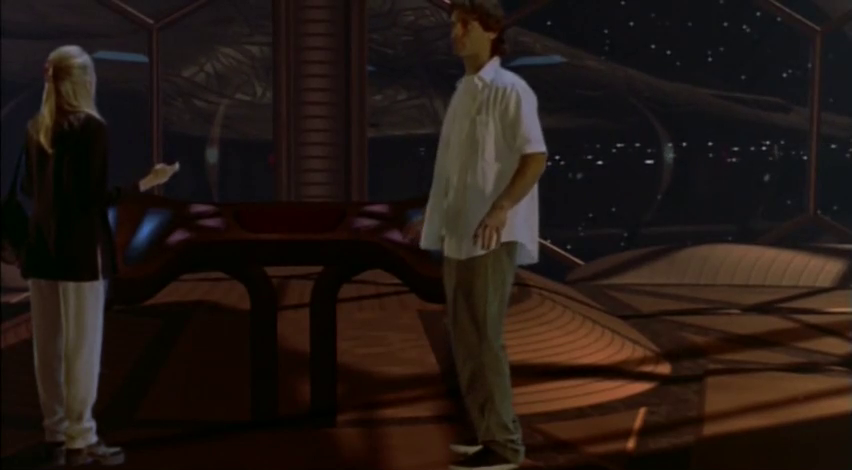
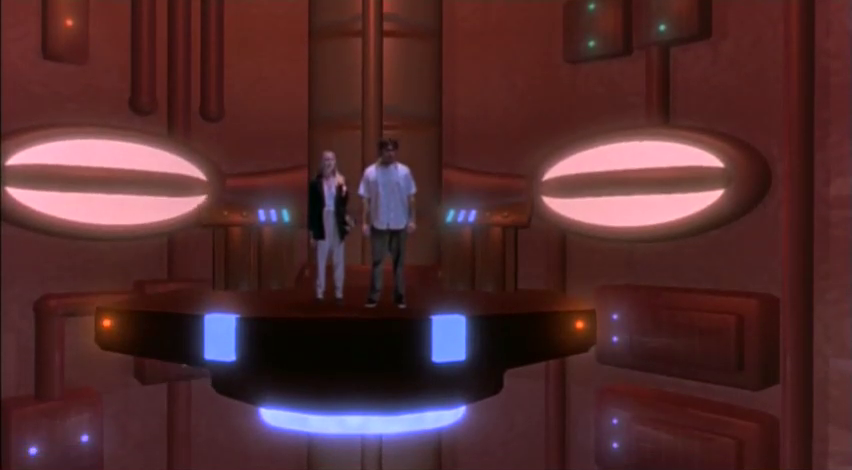
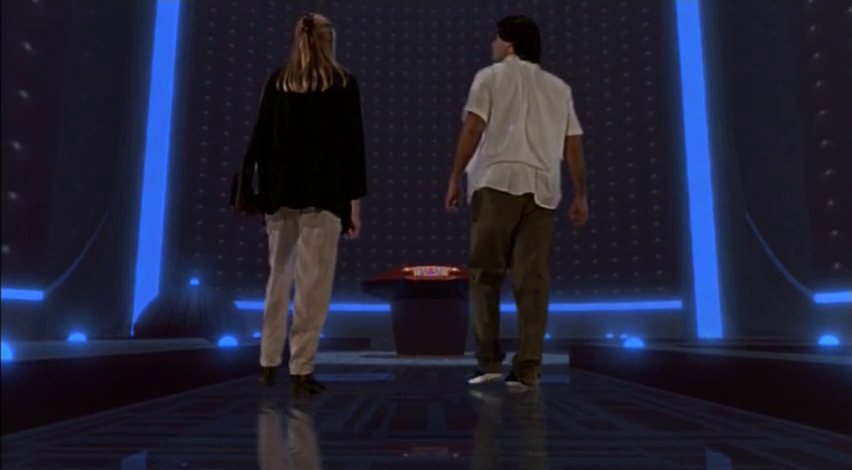
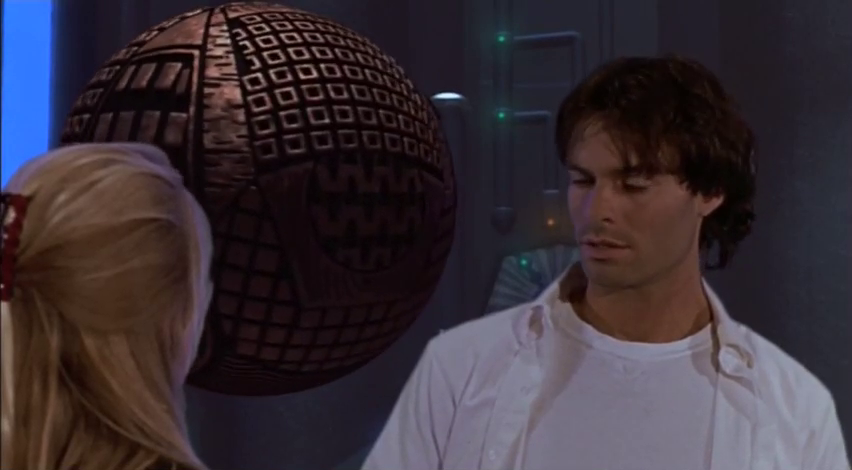
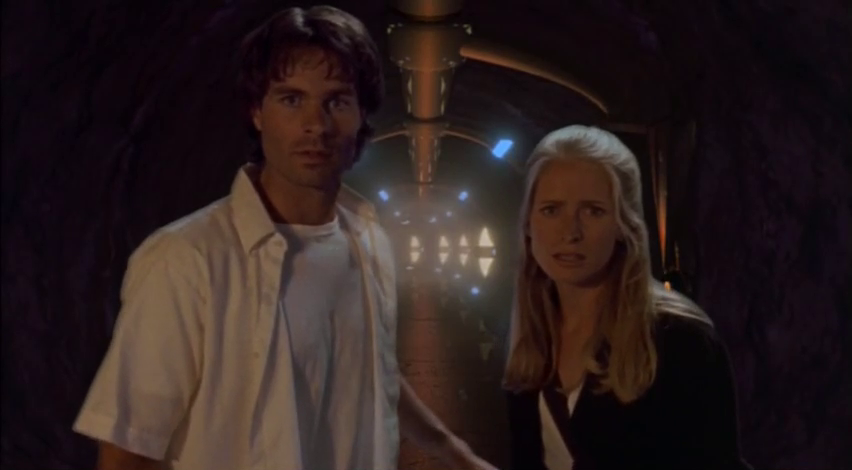


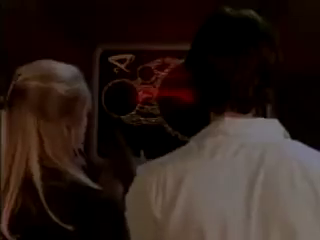





Arrival II (The Second Arrival) (1998)
Film review #692
Director: Kevin Tenney
SYNOPSIS: Two years after an alien invasion was thwarted by Astronomer Zane Zaminsky, his half-brother Jack receives news of his death. Jack receives the information that his Brother had gathered on the alien invasion, but is sceptical until he meets like-minded individuals who are working to uncover the aliens plans. With the aliens hot on his tail, Jack goes on the run with reporter Bridget Riordan to expose the secret plans of the invaders…
THOUGHTS/ANALYSIS: Arrival II (also known as The Second Arrival) is a 1998 sci-fi film and a direct-to-video sequel to the 1996 film The Arrival. The film opens up with a brief recap of the events of the first film, as computer programmer Jack Addison receives news that Zane Zaminsky, his half-brother, has died in a remote Inuit colony in Alaska. Immediately, we can see the tropes of direct-to-video films come out: main character killed off-screen and replaced by a family member (played by a much cheaper actor), the original film’s ending of the alien’s plans being exposed amount to nothing, as no one seems to have believed him. Thus, not only does this film not have any of the characters from the first one, it also undoes the accomplishments of the first and renders the hero’s actions null and void. Again, just like a classic direct-to-video sequel.
And so, Jack Addison proceeds to essentially re-enact the plot of the first film, wit him being on the run from the aliens as he tries to expose their plan once again of warming up the planet via artificial climate change to make it habitable for their species. Unfortunately, it lacks any of the mystery and intrigue of the first one because, obviously, it’s already been done. We get a bunch of mediocre chase scenes and find information we already knew and that’s about it: there was no reason for this film to be made. It doesn’t evolve or expand the premise in any way, it negates the accomplishments of the original, and it is just a boring and lifeless affair. The first film was not incredible, but it had a decent amount of suspense and action. It did, however, get completely eclipsed by Independence Day, which came out a month after it’s release. This sequel feels like it was made to cash in on the hype of alien invasion films that overshadowed its predecessor. There really is so little to say on the subject of the film itself: it’s a poor rehash of the first one, consisting of poorly-paced chase sequence after chase sequence. The acting is dire, the characters have no personality, and a lot of the finale is just running about in front of very obvious greenscreens. Even if you were a fan of the original, there’s nothing to really offer in this sequel, as either a continuation of the story, or as a decent, entertaining film. There was a 1997 video game based on the franchise that was also released, so maybe that will provide something more of interest. It can’t be much worse.
-
#691 – The Titan (2018)
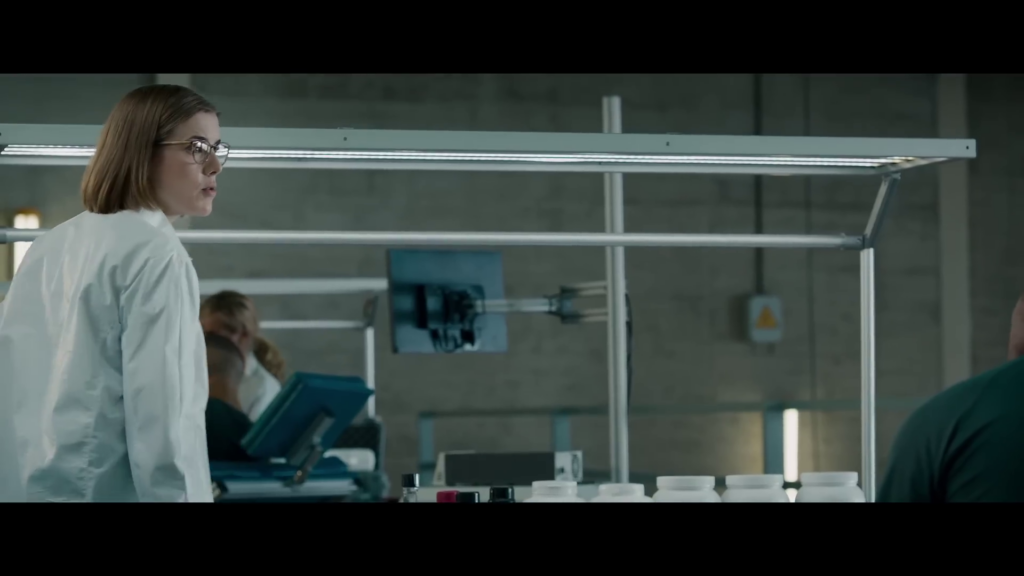

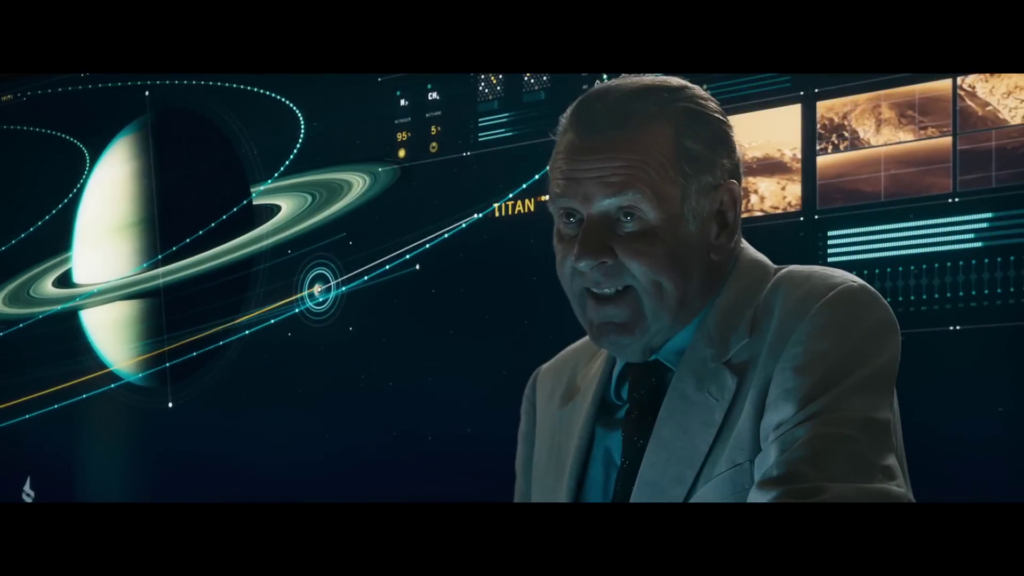
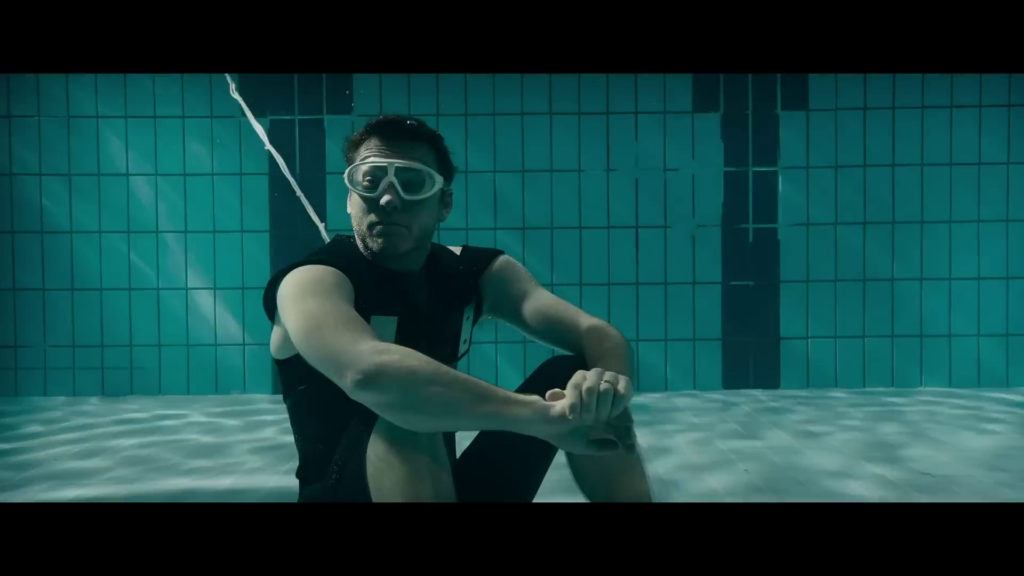
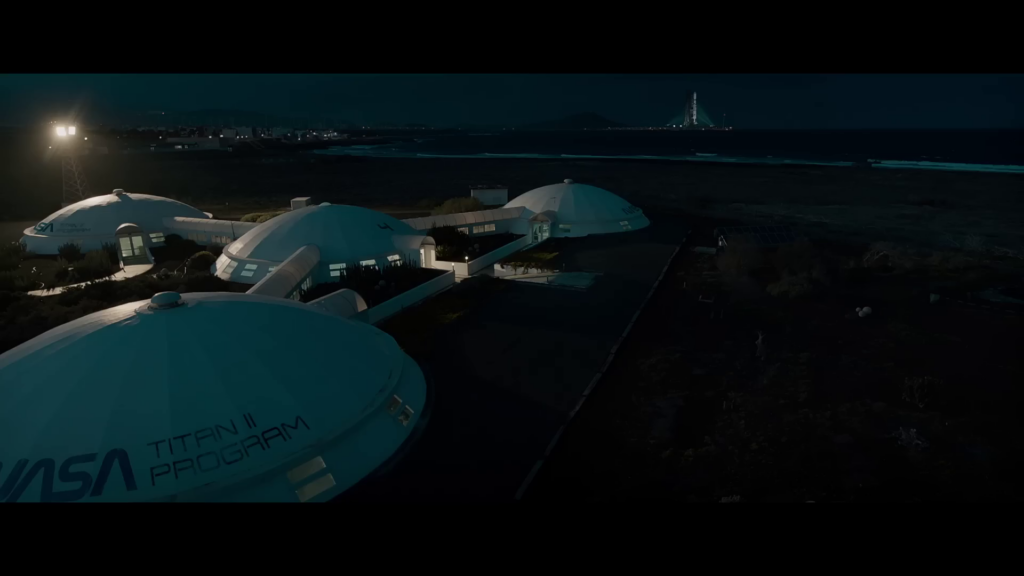

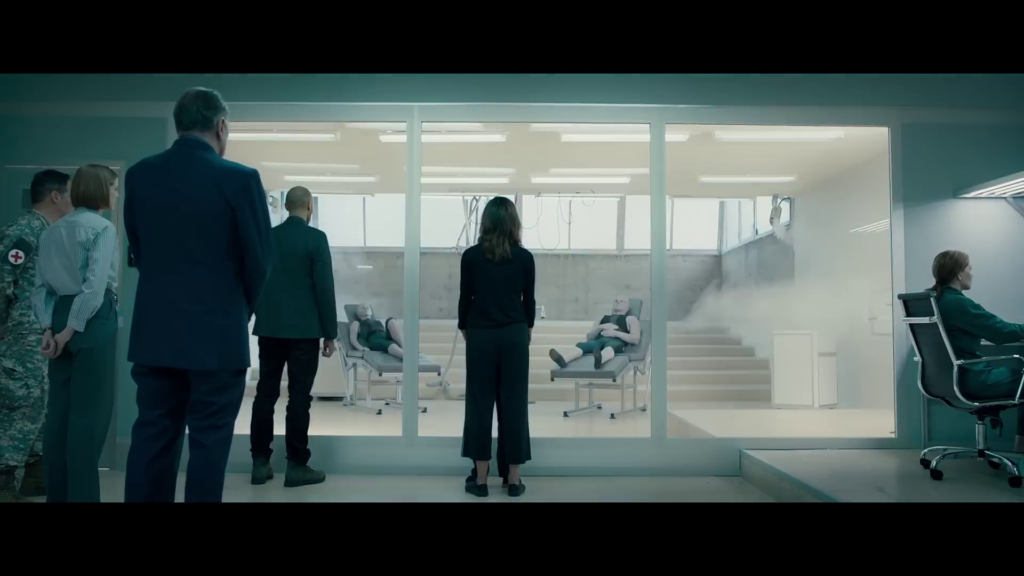
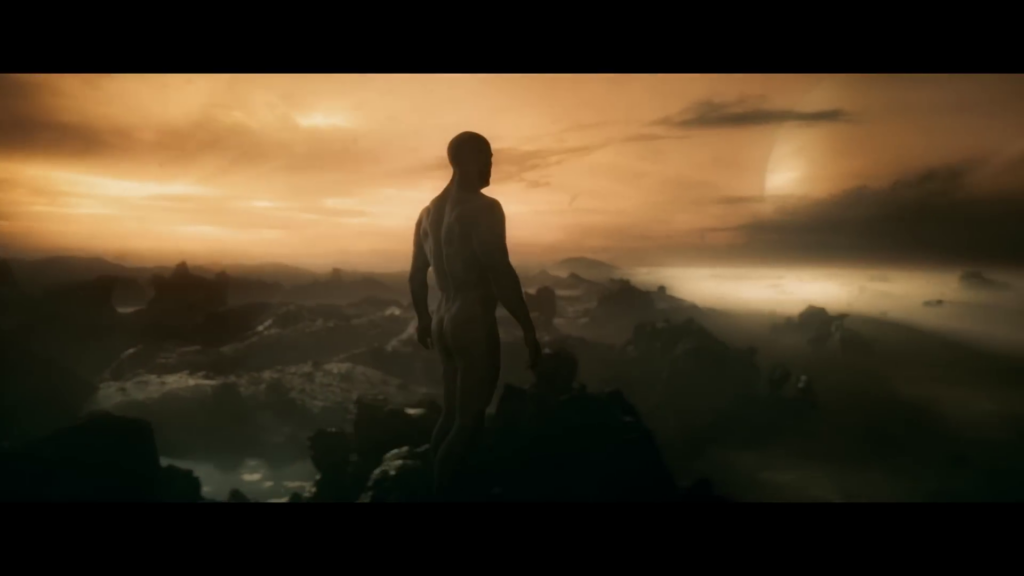
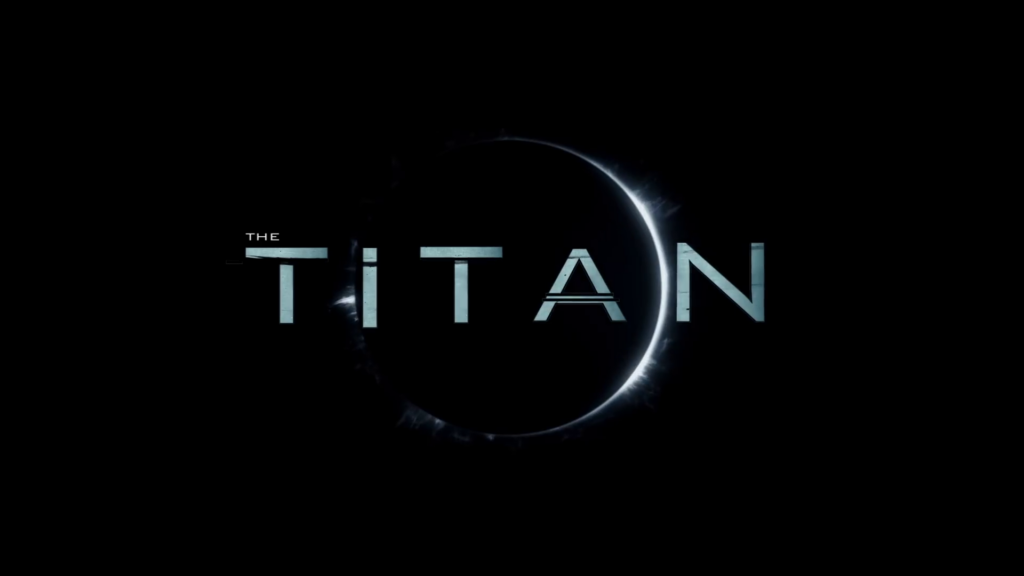
The Titan (2018)
Film review #692
Director: Lennart Ruff
SYNOPSIS: With the earth suffering ecological collapse, a secret project at a military base aims to transform selected soldiers to adapt them to life on Titan, with the eventual goal of resettling humanity there. One such recruit, Rick Janssen moves onto the military base with his family, and when he begins to change due to the experiments, his Wife becomes increasingly concerned that they are changing him a bit too much…
THOUGHTS/ANALYSIS: The Titan is 2018 sci-fi film. Set in a near future where Earth is suffering ecological collapse thanks to overpopulation and pollution…all the usual stuff. With this mind, a special project has been devised to adapt a select group of people to life on Saturn’s moon Titan, with the eventual goal of moving people to live there. Rick Janssen is one of the recruits who moves onto the military base with his family where the experiments are being conducted. The film operates on two different levels: One, it follows the story of the recruits as they undergo their training and experiments, and two, following Rick and his family, and how these experiments impact him on a personal level alongside his family. The problem is that neither of these two arcs are significantly developed to give enough of a backbone for the film. With regards to the former, the backdrop of the film of the world’s seeming collapse isn’t really shown outside of quickfire news reports and slideshows, and despite this, there doesn’t really seem to be any sense of urgency, at least in what we are shown. I could understand this if the focus was more on a personal family drama, but as mentioned, that doesn’t work either. With the film setting up the goal of eventually reaching Titan, the film actually doesn’t achieve that, other than a small scene at the end showing Rick there. Given that everyone else died during the experiments it doesn’t seem that great that only one person made it by completely changing their physiology. Again, given that the Earth is ecologically failing, this doesn’t really seem to bode well for the future of humanity, which is what this whole project was based on. I get that it’s only a first step, but for the film to give us nothing more on this front leaves a lot to be desired.
Secondly, with regards to the family drama and how the experiments affect his personal life, there’s just not enough emotional depth, and it’s constantly distracted by all the other stuff going on. We get to see some of the other recruits and their families and how they are reacting to the whole situation, but the supporting characters aren’t really given enough screen time to define them as significant characters. One of the other big problems is that Rick’s Wife becomes suspicious about the injections and experiments and that they’re producing strange side effects and changing him, which she seems surprised about. The trouble with this is…she should have expected it to some degree? The whole project is literally adapting a human to survive on the surface of a moon on the other end of the solar system; of course they’re body is going to have to change dramatically. She is also established as a biologist or scientist of some form, so she obviously must have some idea about these things, but the fact that she seems so shocked about what the experiments entail just seems very confusing. maybe she didn’t expect them to be so severe, but that just isn’t made clear. I’ve had a lot of negative things to say about this thus far, but honestly it’s not terrible; it just lacks a lot of focus and depth. The trailer is cut to make it seem like more of an action film, which is also very misleading. The other aspects of the production are fine, not much else to say about them. The Titan is short on the details and the drama: starting off well but falling apart later on when it has no idea what it wants to do with the premise.
